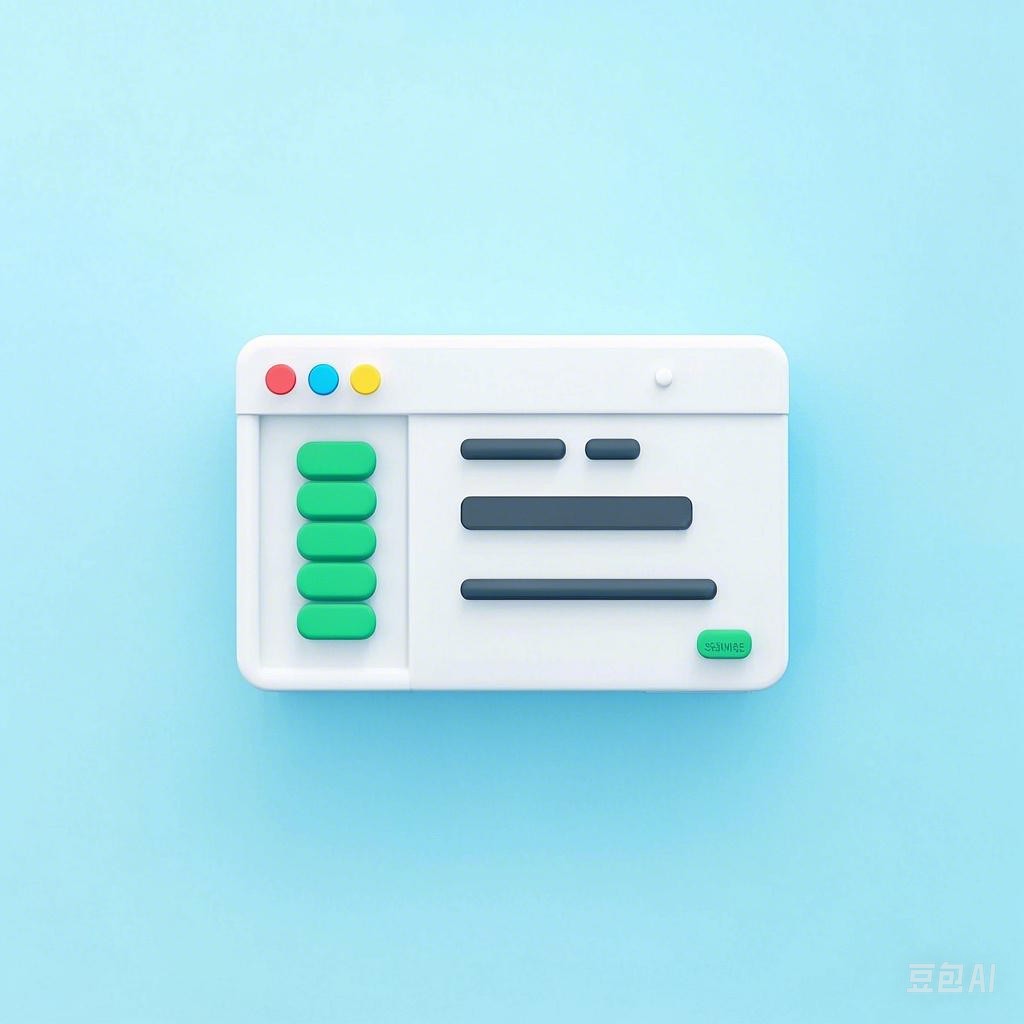Mechanics play a crucial role in the maintenance and repair of vehicles, and effective communication with them is essential for ensuring quality service and resolving issues efficiently. Whether you’re a car owner, a business manager, or simply someone interested in understanding the mechanics’ perspective, this article will guide you through the art of communicating with mechanics.
Understanding the Mechanics’ World
Mechanics’ Expertise and Jargon
Mechanics are highly skilled professionals who have a deep understanding of automotive systems. However, their work is often accompanied by technical jargon that can be intimidating to the uninitiated. To communicate effectively, it’s important to:
- Familiarize Yourself with Basic Terminology: Learn some common terms that mechanics use so you can follow conversations and understand basic issues.
- Ask for Clarifications: If a mechanic uses a term you’re not familiar with, don’t hesitate to ask for an explanation.
Mechanics’ Work Environment
Mechanics work in a fast-paced, physically demanding environment. They are often focused on diagnosing and fixing problems, which means that clear and concise communication is crucial:
- Be Respectful: Recognize the hard work and expertise that mechanics bring to the table.
- Be Patient: Mechanics may need time to diagnose complex issues, so patience is key.
The Communication Process
Active Listening
Active listening is a fundamental skill in any communication process. When speaking with a mechanic:
- Pay Attention to Details: Listen carefully to what the mechanic is saying and observe their body language for additional cues.
- Ask Follow-Up Questions: Clarify any points you’re unsure about to ensure you have a complete understanding of the situation.
Clear and Concise Language
When communicating your concerns or describing problems:
- Use Simple Language: Avoid technical terms unless necessary, and explain issues in a way that is easy to understand.
- Be Specific: Provide as much detail as possible about the symptoms or issues you’re experiencing.
Documentation
Keep records of your vehicle’s maintenance history and any previous issues. This documentation can be invaluable in communicating with mechanics:
- Maintain a Maintenance Log: Include dates, services performed, and any problems noted.
- Bring Relevant Documents: If you have service records or warranty information, bring them along.
Building a Relationship
Establishing Trust
Building a good relationship with your mechanic can lead to better service and more efficient problem-solving:
- Be Honest: Provide accurate information about your vehicle’s history and any previous repairs.
- Show Appreciation: Thank your mechanic for their work and consider leaving a tip if you’re satisfied with their service.
Regular Communication
Regular communication with your mechanic can help prevent future problems:
- Stay in Touch: Keep your mechanic informed about any changes in your vehicle’s performance or behavior.
- Schedule Regular Check-ups: Preventive maintenance is key to avoiding costly repairs down the line.
Dealing with Difficult Situations
Disagreements
In the event of a disagreement with a mechanic:
- Stay Calm: Avoid confrontational language and try to remain calm.
- Gather Evidence: If you believe there has been a mistake, gather any evidence that supports your case, such as before-and-after photos or repair reports.
- Seek a Second Opinion: If necessary, consult another mechanic for a second opinion.
Unnecessary Repairs
If you suspect that a mechanic is recommending unnecessary repairs:
- Ask for Detailed Explanations: Request a detailed explanation of why the repairs are needed.
- Seek Multiple Estimates: Get quotes from other mechanics to compare and contrast the recommendations.
Conclusion
Effective communication with mechanics is essential for ensuring that your vehicle receives the best possible care. By understanding the mechanics’ world, using clear and concise language, and building a strong relationship, you can navigate the art of communicating with mechanics successfully. Remember, clear communication leads to better service, fewer misunderstandings, and a more positive experience for both you and your mechanic.
